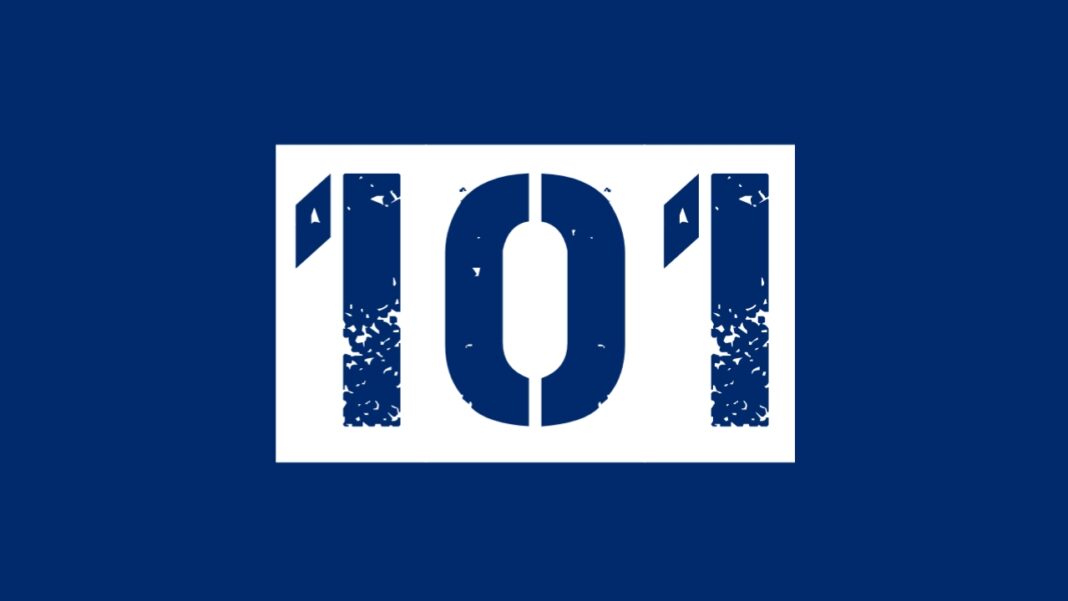The term “101” has become a ubiquitous expression in today’s society, used to denote the basic or introductory level of a particular subject or concept. In this article, we will explore the origin and usage of the expression “101” in various fields, including education, business, technology, science, and everyday language.
Table of contents
The Origin of “101” in Education
The early 1900s saw the introduction of course numbering systems in American universities. These numbering systems were used to identify the level of difficulty of a particular course. The numbering system started with the basic or introductory level courses, which were numbered as “101.” As the level of difficulty increased, the course numbers also increased. The use of “101” to denote the basic or introductory level of a particular subject or course in education has since become a widely recognized and used expression.
Usage of “101” in Various Fields
Business and Finance
In the business and finance industry, the use of “101” has become widespread. For instance, a person who is new to the stock market may need a “Stock Market 101” course to understand the basics of investing in stocks. Similarly, “Marketing 101” may be used to learn the fundamentals of marketing.
Technology and Science
In technology and science, “101” has become a popular expression as well. For instance, “Programming 101” may be an introductory course for people who are new to computer programming, while “Physics 101” may be an introductory course for people who are new to the field of physics.
Everyday Language
“101” has also found its way into everyday language, and it is used to refer to the basic or fundamental level of something. For instance, if someone says, “Cooking 101,” it means that they are referring to the basic or introductory level of cooking. Similarly, “Parenting 101” may refer to the basic or introductory level of parenting.
Common Phrases with “101”
There are several common phrases that use “101” in everyday language, such as “101 Ways to…” or “Social Media 101,” “Photography 101,” and “Survival 101.” These phrases are used to describe the basic or introductory level of a particular topic or concept.
Understanding the Meaning of “101”
Understanding the meaning of “101” can be helpful in various situations. If you are new to a particular field or subject, you may need to take a “101” course to gain a basic understanding of the subject. Similarly, if someone asks for a “101” on a particular topic, it means they need a basic explanation of the subject.
Conclusion
“101” has become a versatile and essential term in today’s society, used to describe the basic or introductory level of a wide range of subjects and concepts. Understanding the meaning and usage of “101” can be helpful in various situations, from education to everyday language. Whether you are new to a particular field or concept or need a basic understanding of a subject, “101” can provide a starting point for learning and understanding.



 For all latest articles, follow on Google News
For all latest articles, follow on Google News